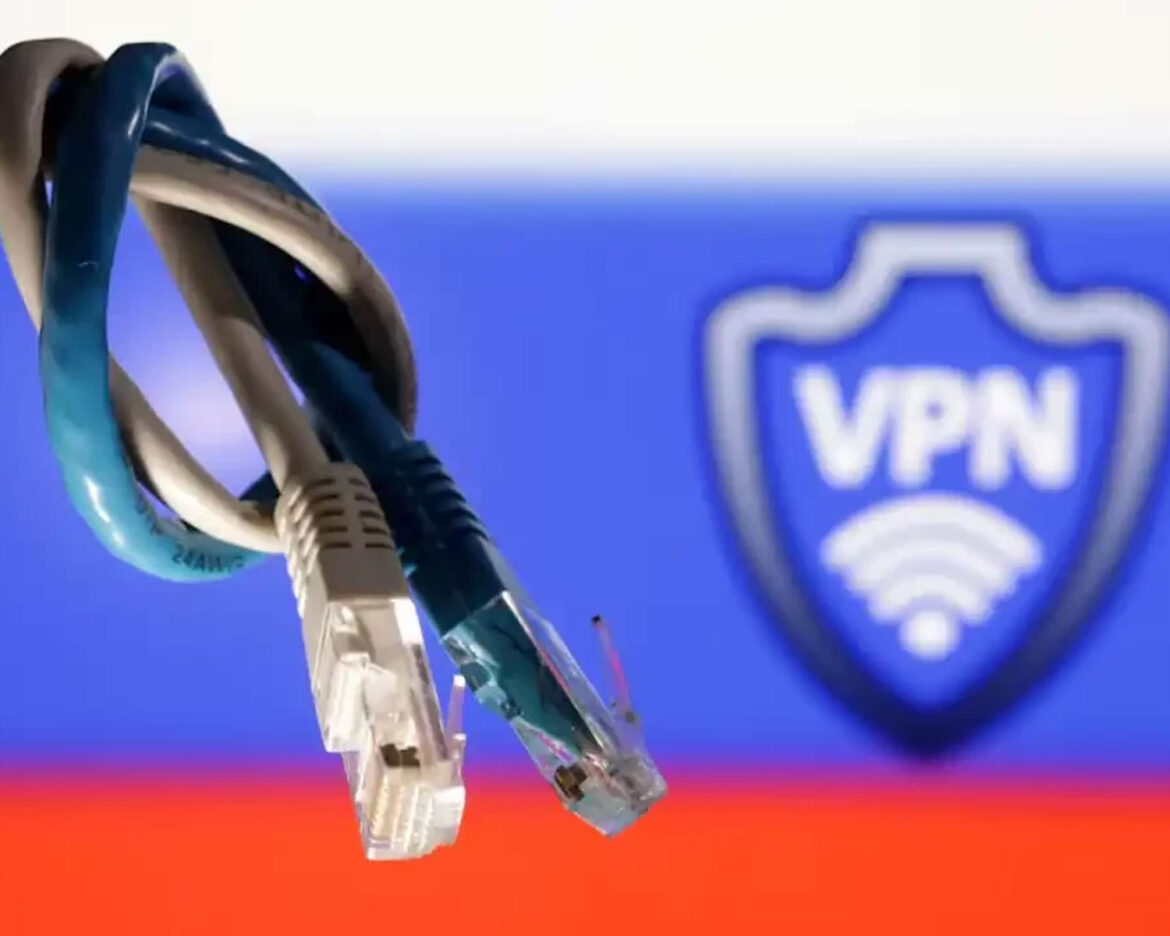Islamabad, August 27, 2024 — The Pakistan Telecommunication Authority (PTA) has officially whitelisted 20,437 Virtual Private Network (VPN) services as part of its ongoing initiative to regulate internet usage within the country.
The decision, announced earlier today, is part of a broader effort by the PTA to manage and monitor digital communication channels more effectively. The whitelisting process aims to ensure that VPNs operating in Pakistan adhere to the regulatory frameworks set by the authority, promoting both cybersecurity and compliance with national policies.
The PTA’s new regulation requires VPN providers to register with the authority and adhere to specific operational standards. This move is intended to curb illegal activities facilitated through unregulated VPNs, including unauthorized data access and cybercrime.
“By whitelisting these VPNs, we are taking a significant step towards enhancing digital security and ensuring that internet services in Pakistan are used responsibly and within the legal framework,” said a PTA spokesperson.
The whitelisting process involves a comprehensive review of each VPN’s service practices, ensuring they comply with data protection and user privacy laws. Providers that have been granted whitelist status are now officially recognized by the PTA and are subject to ongoing oversight.
This initiative also includes provisions for regular updates to the whitelist as new VPN services are evaluated and approved. The PTA has emphasized that this measure is designed not only to regulate but also to support legitimate VPN usage, which plays a crucial role in securing online communications.
In response to the PTA’s decision, several VPN providers have expressed support for the regulatory measures, noting that they align with global standards for cybersecurity and data protection. They have welcomed the opportunity to operate within a regulated environment that fosters transparency and trust.
The PTA’s move reflects a growing global trend of tightening regulations around digital privacy and security. As internet governance evolves, similar measures are expected to be adopted by other nations to balance security needs with user privacy.



